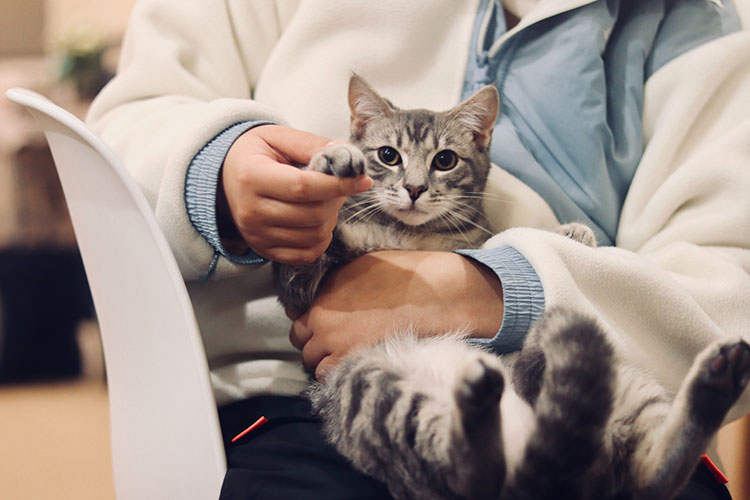Introduction: Regular veterinary care is essential for maintaining the health and well-being of your feline companion. But how often should you schedule those important check-ups? In this guide, we’ll explore recommendations from trusted sources like the American Animal Hospital Association (AAHA) and the American Association of Feline Practitioners (AAFP) to help you determine the optimal frequency for your cat’s veterinary visits.
Determining Frequency of Veterinary Visits: The frequency of veterinary visits for cats can vary depending on factors such as age, health status, and lifestyle. However, there are general guidelines that can help you plan your cat’s healthcare schedule.
Key Points to Consider:
- Kittenhood: During the first year of life, kittens undergo rapid growth and development. As a result, they require more frequent veterinary visits compared to adult cats. The recommended schedule typically includes visits every 3-4 weeks for vaccinations, deworming, and wellness exams.
- Adult Cats: Once cats reach adulthood (around 1 year of age), they generally require annual veterinary check-ups. These visits allow the veterinarian to assess your cat’s overall health, administer any necessary vaccinations, and discuss preventive care measures.
- Senior Cats: As cats age, they become more susceptible to certain health issues such as arthritis, dental disease, and organ dysfunction. Senior cats (usually over the age of 7) may benefit from more frequent veterinary visits, typically every 6-12 months, to monitor their health and address any age-related concerns.
- Individual Needs: While these guidelines provide a framework for veterinary care, it’s essential to remember that every cat is unique. Some cats may require more frequent visits due to chronic health conditions or special needs, while others may be relatively healthy and require less frequent check-ups.
Consulting with Your Veterinarian: Ultimately, the best person to advise you on your cat’s veterinary care schedule is your veterinarian. They can assess your cat’s individual health needs and lifestyle factors to recommend an appropriate visitation schedule. Additionally, they can provide guidance on preventive care measures, nutrition, and behavioral issues to help keep your cat happy and healthy.
Regular veterinary care is crucial for ensuring the long-term health and well-being of your cat. By following the guidelines recommended by organizations like AAHA and AAFP and consulting with your veterinarian to tailor a schedule that meets your cat’s individual needs, you can help ensure they live a healthy and fulfilling life.





















































































